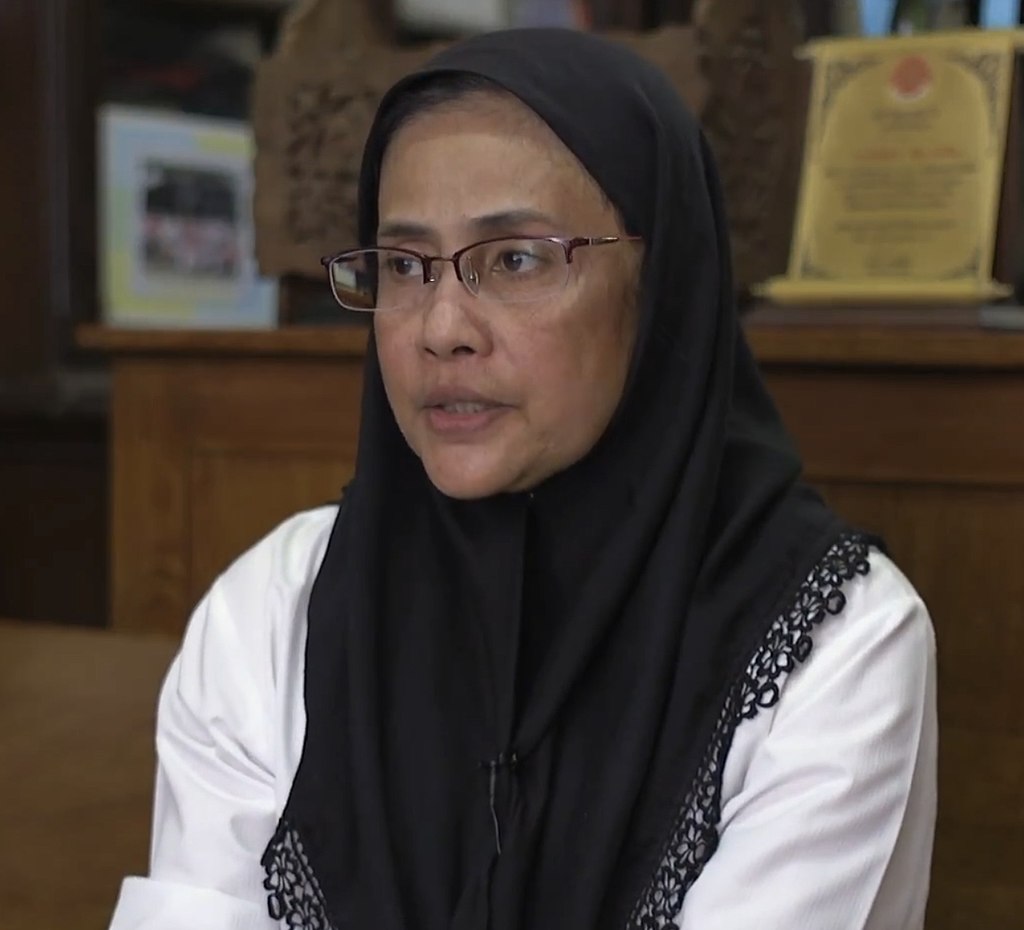Angkhana, the (isolated) face of human rights in the new Bangkok Senate
Although no longer directly chosen by the military, power groups still dominate the choice of the new members of Thailand's upper house. Among the only 3 civil society representatives elected was the widow of lawyer Neelapaijit, who disappeared into thin air 20 years ago. "We will work for the people, but we are disconcerted by this outcome".
Bangkok (AsiaNews) - Last Wednesday's elections for the Thai Senate - entrusted to nearly three thousand "big voters" chosen in two previous rounds at district and provincial level from 20 categories of citizens who are supposed to represent the whole of Thai society - resulted in a completely revamped Senate, but above all no longer tied to the interests of the armed forces.
The 200 elected members and 100 possible 'replacements' will replace the 250 military-appointed senators who lapsed in May after a five-year term. But many doubts remain about the institution, starting with its real function and its independence from particular political or power groups, as indicated by the Electoral Commission's investigations into possible fraud and lobbying. Certainly, the presence of the various expressions of Thai civil society remains very limited.
This is also denounced by Angkhana Neelapaijit, one of the best known faces among Thai activists and now among the newly elected senators. Angkhana is the 68-year-old wife of Somchai Neelapaijit, a Muslim lawyer who disappeared into thin air in Bangkok on 12 March 2004, during the government of Thaksin Shinawatra, and whose footsteps she followed in the fight against injustice and human rights violations.
Commenting on his election, Angkhana Neelapaijit pointed out that only three candidates from his area of engagement (civil society and NGOs) won, and also by a few preferences. "This shows the great difficulty of candidates without the support of power groups to win a Senate seat."
Her suspicion, and that of others as committed as she is to upholding rights and democracy, is that 'influential personalities' supported certain candidates, allowing them a smooth passage through the different stages of the election.
For instance, it seems that the Bhumijai Party, a medium-sized political group that has long positioned itself as a 'key' in Thailand's complex politics by orienting its weight according to the interests of its leaders, played a role in the victory of some candidates. The party allegedly 'armoured' some seats with strong lobbying, preventing others from entering.
'As civil society candidates we want to step up and work for the people, but we are disconcerted to see that some seats have been reserved for certain candidates and those from our sector have won by very narrow margins'.
Beyond the numerical consistency, it will now be interesting to see how senators committed to an evolution of Thai society will be able to bring their demands forward in the parliamentary chamber in the face of the difficulties and even risks that the Somchai Neelapaijit affair itself has been showing the country for the past two decades. Her commitment to shedding light on her husband's fate and her determination to put an end to repressive practices that are still in place have made Angkhana a symbolic figure in the country and abroad. A role also confirmed by her participation in the National Human Rights Commission from 2015 to 2019.
05/02/2025 18:35







.png)










